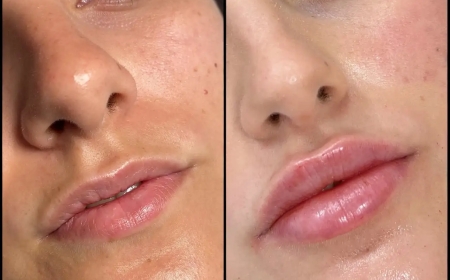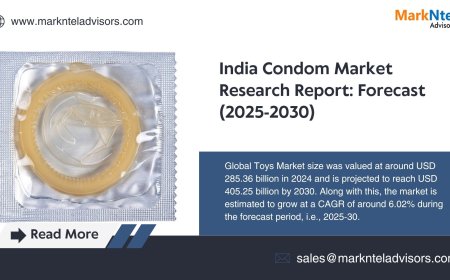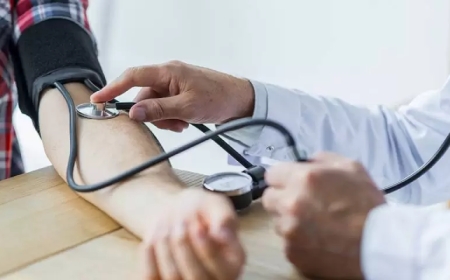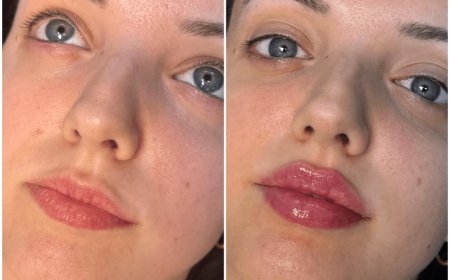How Often Should You Get a Cancer Screening Test? Age-Wise Guide
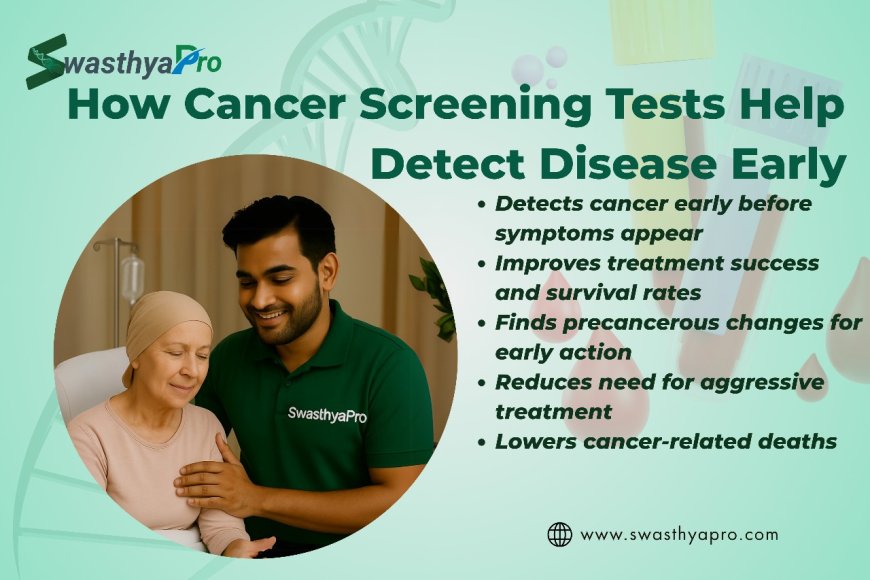
Cancer doesnt discriminate by age but your age can greatly influence when you should start getting screened. A cancer screening test is a powerful tool that detects cancer early, sometimes even before symptoms appear. But how often should you get screened? And at what age should you start? This guide breaks it down clearly, based on age groups, so you can take control of your health at every stage of life.
Why Frequency Matters
The timing and frequency of a cancer screening test are not random. They are carefully recommended by medical experts based on data that shows when most cancers begin to develop. Screening too early may not be helpful, while screening too late could mean missing early, treatable stages. Thats why understanding when and how often to get a cancer screening test is crucial.
Cancer Screening Test Schedule by Age Group
In Your 20s and Early 30s (Ages 2034)
While cancer is less common in this age group, some early screenings are still important:
-
Cervical Cancer:
Women should start Pap smears at age 21, once every 3 years. This cancer screening test detects abnormal cervical cells before they turn cancerous. -
HPV Test:
Can be added from age 25 and done every 5 years in combination with the Pap test. -
Oral Cancer Screening:
If you smoke, chew tobacco, or drink regularly, ask for an annual oral cancer screening test during dental visits.
Note: Most other cancer screening tests arent necessary at this stage unless you have a strong family history.
Mid-30s to Mid-40s (Ages 3544)
This is a transition period and the perfect time to become proactive.
-
Breast Cancer (Women):
Clinical breast exams and discussions with your doctor about when to start mammograms. -
Oral & Skin Cancer:
Continue annual screenings if you are at risk due to lifestyle or sun exposure. -
Cervical Cancer:
Continue regular Pap smears and HPV tests. -
Genetic Testing (if applicable):
If your family has a history of breast, colon, or ovarian cancer, talk to your doctor about early cancer screening test options and gene panels.
Mid-40s to 50s (Ages 4554)
This is when most routine cancer screening tests begin.
-
Colorectal Cancer:
Start colonoscopy or stool-based screening at age 45, every 10 years (colonoscopy) or annually (FIT test). Colorectal cancer often starts with no symptoms, making this cancer screening test essential. -
Breast Cancer:
Women should begin annual or biennial mammograms at age 4045. -
Prostate Cancer (Men):
Discuss PSA cancer screening test with your doctor starting at age 50 or earlier if you're African-American or have a family history. -
Lung Cancer:
If youve smoked heavily for years and are over 50, a low-dose CT scan every year is recommended.
Ages 5565 and Beyond
This age group requires consistent vigilance.
-
Continue All Tests:
Mammograms, colonoscopies, Pap/HPV tests, and PSA testing must continue based on previous results and doctors advice. -
Stop When Safe:
Women over 65 may be able to stop cervical cancer screening if their past tests have been normal. Similarly, colonoscopies may be spaced out or stopped after 75 if previous tests were clear. -
Regular Check-Ins:
Annual checkups should include routine oral, skin, and thyroid exams. Even if youve had clear results in the past, skipping a cancer screening test can be risky.
Risk-Based Adjustments
Some people need a different schedule. If you fall into any of these high-risk categories, you may need to start cancer screening tests earlier and more frequently:
-
Family history of cancer
-
Smoking or alcohol dependency
-
Obesity or diabetes
-
Genetic mutations (e.g., BRCA1/2)
-
Exposure to radiation or carcinogens
In these cases, your doctor will create a personalized cancer screening test plan.
Tips to Stay on Track
-
Set annual health reminders.
-
Bundle multiple cancer screening tests into one preventive health package.
-
Use services like Swasthyapro that offer doorstep sample collection and age-specific test panels.
-
Dont delay its better to be safe than sorry.
Final Words
A cancer screening test is not just a diagnostic tool. Its a decision that says, I value my future. Whether youre in your 20s or 60s, staying consistent with your cancer screening test schedule is one of the smartest things you can do for your health.
Remember cancer caught early is often cancer cured. Your timeline matters. Your life depends on it.



























